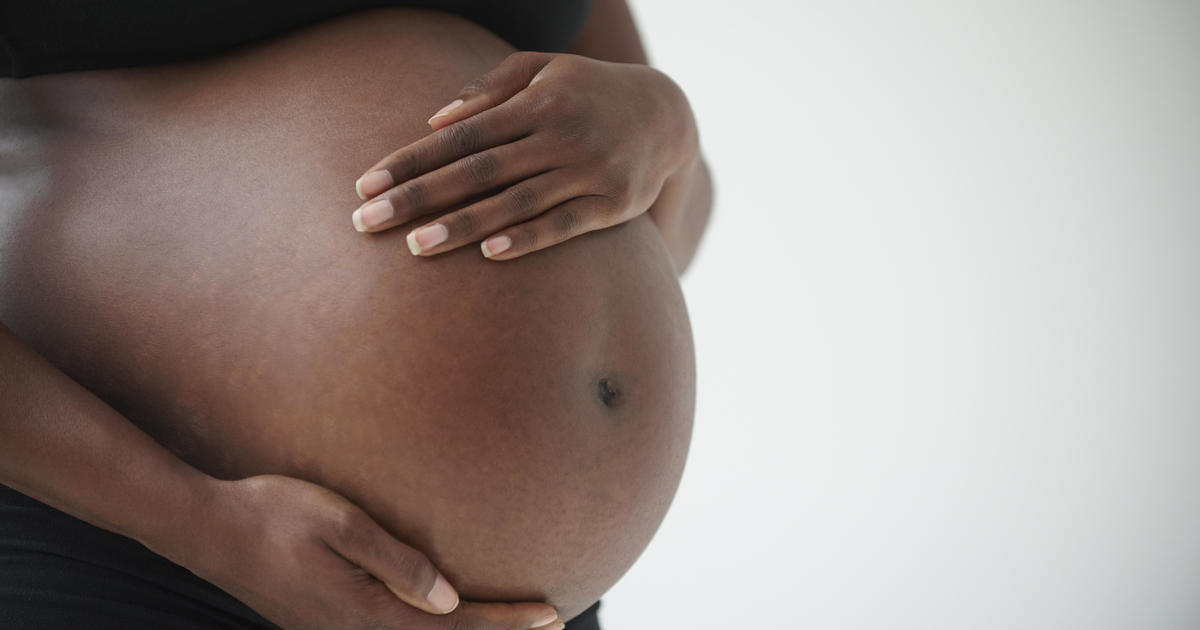After years of trying to conceive and facing discouraging medical advice about the impossibility of pregnancy due to a previous surgery, a woman unexpectedly discovered she was pregnant. After confirming the pregnancy at the hospital, she began to focus on her health, attending regular medical visits, and taking care of herself. Her mother, who had always hoped for grandchildren, had resigned herself to a smaller family, but the pregnancy brought a renewed sense of joy.
The first few months of the pregnancy went smoothly, with no complications or pain. However, as the weather turned hotter, sleep became difficult due to the intense heat and humidity. Frequent wakefulness during the night, accompanied by excessive sweating, led to multiple showers to cool off.
Although unsure whether this was normal for pregnancy, she attributed it to the extreme weather conditions. Breathing also became difficult, leading to concerns about potential respiratory issues, though doctors assured her it was simply the heat.
As the heat intensified, it became nearly impossible to carry out daily activities without discomfort. The heavy, humid air exacerbated sinus problems, making it difficult to breathe. With daytime temperatures soaring, it was best to carry out tasks early in the morning or after sunset. The constant search for cool spots in her home, combined with increasing back and chest pain, made even the simplest tasks feel exhausting. Fans and showers offered little relief, and she frequently felt dizzy and nauseous from the oppressive heat.
Around six months into the pregnancy, a troubling event occurred while out shopping. Feeling dizzy, she noticed a liquid running down her leg, which raised concerns about her health. She sought medical care, where a doctor initially reassured her that it was not serious.

However, after undergoing ultrasounds, it was determined that she had lost some amniotic fluid. She was then referred to another hospital, where she spent hours waiting in a car due to inadequate facilities. The next day, doctors began inducing labor without fully explaining the situation or preparing her for what was to come.
In the hospital, the lack of communication added to the confusion. Labor was induced, but she was not informed about the risks or the possibility of losing the baby. The pain became overwhelming, but she had no clarity on the situation, and the medical staff seemed detached. The experience felt isolating, as there was little support or explanation given, leaving her feeling abandoned and unaware of the gravity of her condition.
The delivery room was crowded and unbearably hot. The small space was filled with other women, all competing for access to the few fans in the room. There was no privacy, and the discomfort of the heat made it harder to focus on the labor process. Her mother tried to help by fanning her, but the combination of physical pain and oppressive heat made the situation even more unbearable. It wasn’t just the physical pain of childbirth, but the emotional weight of being in such an unprepared and uncomfortable environment.
After hours of labor, the baby was born, but the emotional toll continued. A nurse coldly asked whether the baby should be thrown away or buried, deepening the pain of the loss. Choosing to bury the baby, she wrapped it in a cloth she had prepared for the birth and laid it to rest at the father’s house. This final act marked the end of a traumatic and overwhelming experience, leaving her to cope with the grief and confusion of what had happened.
In the days and weeks that followed, she struggled to find peace. The extreme heat, along with the stress of moving between hospitals and the lack of proper medical support, made her question whether these factors had contributed to the miscarriage.
She also wondered if the unusual heatwave that year was a result of climate change. Despite her attempts to move forward by staying busy with work, the grief lingered. Even watching films depicting childbirth would trigger painful memories of the loss, constantly reminding her of what could have been.

